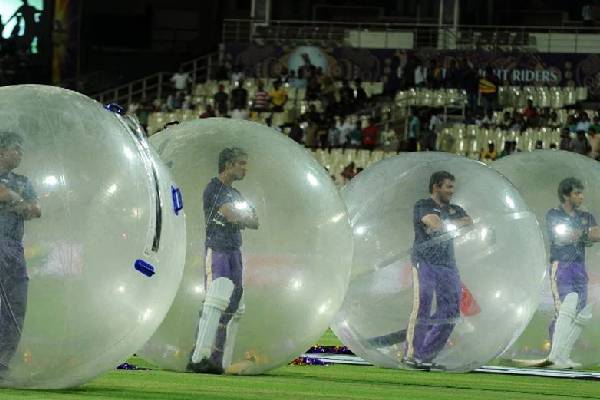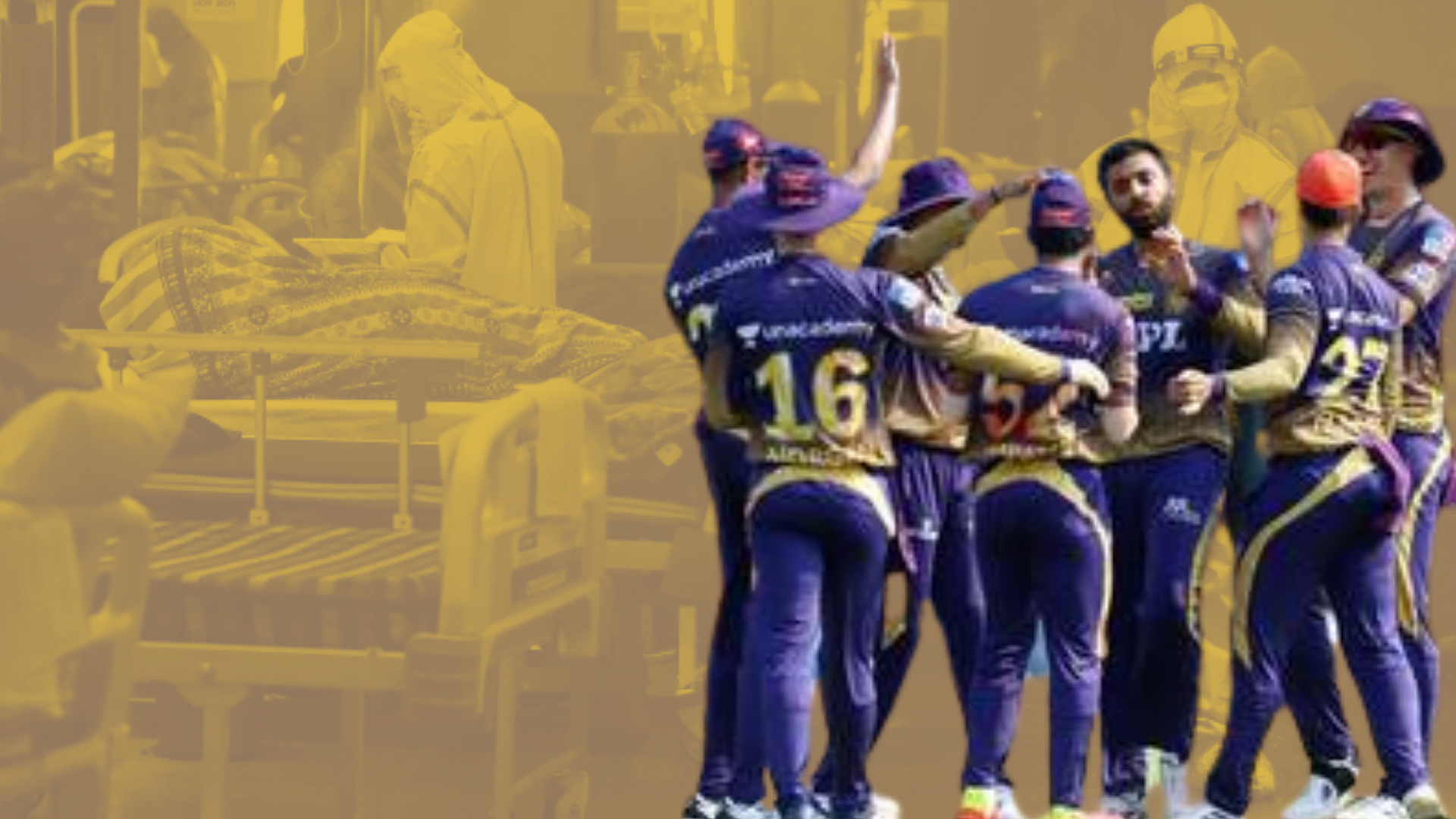On May 4 afternoon, the Internet and social media started flooding with the news that the 2021 season of the Indian Premiere League is finally being indefinitely suspended. The news came in that courtesy bio-bubble breaches and multiple COVID positive cases among players across teams, the cash-rich league has been suspended and postponed for the season. A bio-secure bubble is a hosting arrangement for sporting events that emerged during the COVID-19 pandemic. To someone enraged at how the ‘system’ has mishandled the pandemic in epic measures, leading to many losing their lives because of inadequate healthcare, a ‘bubble’ also is the best description of the the world’s richest cricket board BCCI’s apathy of having decided to continue to play the IPL in India.
To someone enraged at how the ‘system’ has mishandled the pandemic in epic measures, leading to many losing their lives because of inadequate healthcare, a ‘bubble’ also is the best description of the the world’s richest cricket board BCCI’s apathy of having decided to continue to play the IPL in India.

It is most definitely a bubble that the cricket fraternity in India was living in, because they seemed to have not been able to see through the distorted nature of conducting a multi-million-dollar tournament, with privatised testing on a daily basis, when the rest of the country continues to struggle to find beds, oxygen and even COVID-testing facilities. Furthermore, meeting the safety standards of a bio-bubble is an extremely expensive affair both in terms of money and resources. At this point, with an absolute lack of resources for the general public, every city which was hosting the tournament could use those additional resources that were inadvertently reserved for the players and staff.
The official statement from the BCCI, the cricketing body of India read: “player’s health paramount”. The BCCI said they did not want to compromise the safety of those involved in the league. It took a bubble breach for the governing body to suspend IPL, despite India having 3,57,299 new Covid-19 cases and 3449 death, as of May 4. Clearly, had the bio-bubble not been breached, the game would have gone on safely within, indifferent to the largely man-made grief outside. Priorities as they say, are quite clear.
Over the past one month and more, many experts have, time and again, been asking for the tournament to be halted and cancelled. Even till the early hours of May 4, the decision to cancel the cricket league was nowhere doing the rounds, and the plan instead was to shift all the matches to one venue, in Mumbai. Not for once did the top bosses consider putting a pause to the league. Their solution at the time was to ramp up testing, not may be pausing to think about the repercussions this would have on the rest of the public.
As India struggles with its worst healthcare crisis, what is shocking is that the players, support staff and all officials involved with the IPL had and still have access to top resources and luxurious arrangements.
The IPL organisers wanted to continue to run the show, projecting the image that the league was a source of entertainment during these times. “Tried to bring cheer but could not compromise on safety of players and others”, is what BCCI said. Apparently, the game was being played for ‘humanity’ and for the ‘greater good’. However, it can’t be helped but be noticed that this ‘great service’ to humanity was ironically at the cost of obstructing their access to medical resources: especially when everything, from an oxymete
